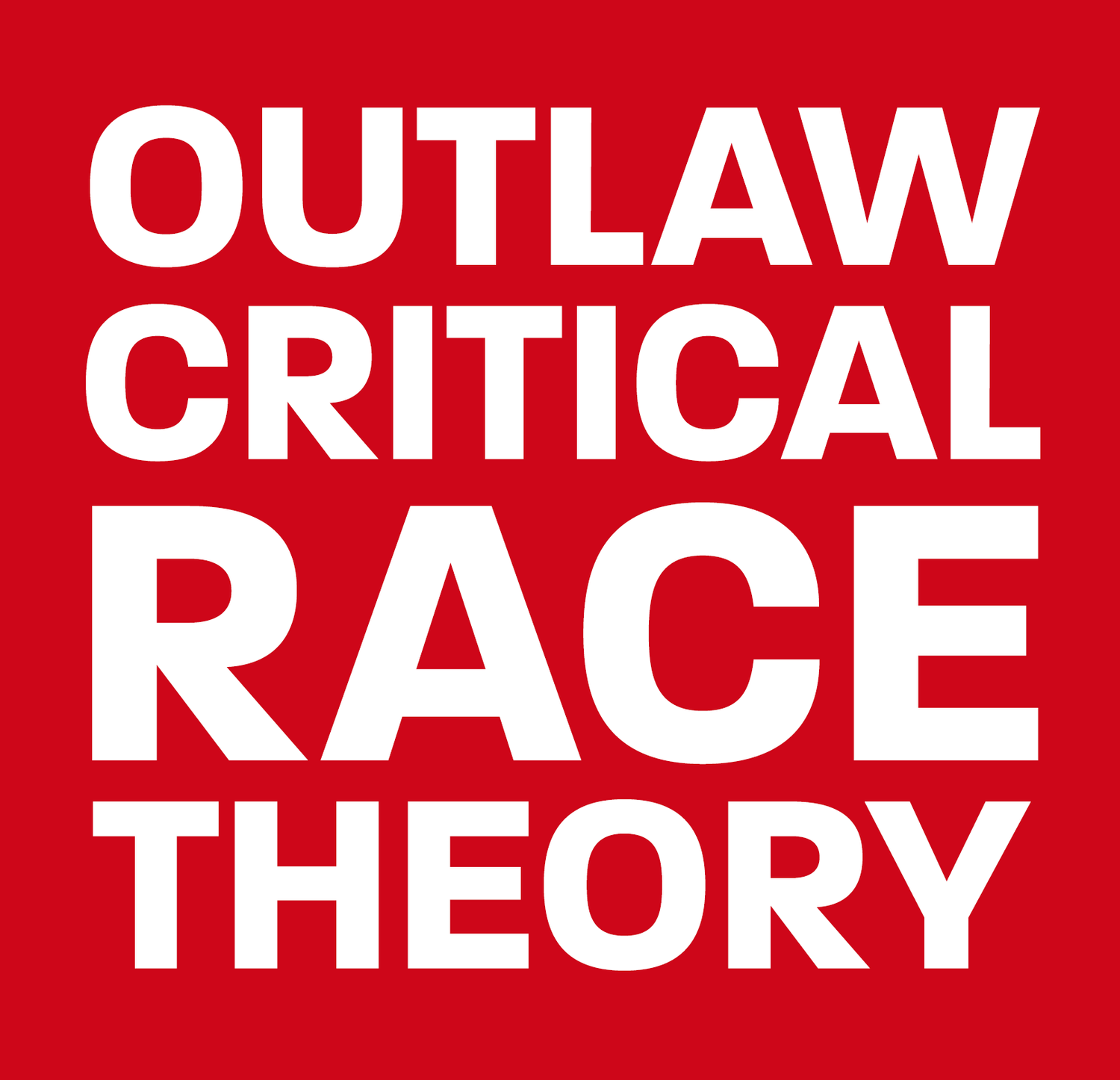Critical race theory, ’1619 Project’ criticized as ‘divisive’ by Idaho Legislature
Originally Published on The Idaho Statesman
The Idaho Legislature wants schools to teach history “clearly and wholly” and condemns critical race theory and “The 1619 Project” as “divisive content.”
A resolution, sponsored by Rep. Judy Boyle, R-Midvale, and Sen. Carl Crabtree, R-Grangeville, was overwhelmingly adopted in the House on Tuesday after some opposition from Democrats about certain parts of the resolution. It was approved by the Senate last month.
The resolution said “divisive content” that “seeks to disregard the history of the United States and the nation’s journey to becoming a pillar of freedom in the world” is appearing in curricula across the country. It claims theories taught under critical race theory and The 1619 Project, a feature by The New York Times on slavery’s impact, “attempt to reeducate children into the belief that they are to be ashamed of or limited by their race and ethnicity.”
The resolution also urges schools to teach children “not only the offenses, but also the triumphs.”
“This is just an attempt to put away what divides us,” Boyle said on the House floor. “Instead, it’s an effort to unite us by teaching our children the history, all the history of America — the good, the bad and the ugly.”
RESOLUTION FACES SUPPORT AND OPPOSITION
Several lawmakers opposed parts of the resolution that talked about divisive content and pointed to The 1619 Project specifically. Many said they agreed with the final part of the resolution, that children should be taught all parts of history, but disagreed with much of the rest.
Rep. Chris Mathias, D-Boise, said he believed the resolution was trying to protect a “certain type of history instruction.”
“The history that’s in our kids’ textbook and, I think, the history that some of us want to get back to, isn’t a history of the facts. It’s a strategic compilation of certain facts,” he said. “And while history is what happened, it’s also whether and how we think about what those things were.”
He pointed to Thomas Jefferson, and said the nation’s founders are not “unimpeachable heroes.”

